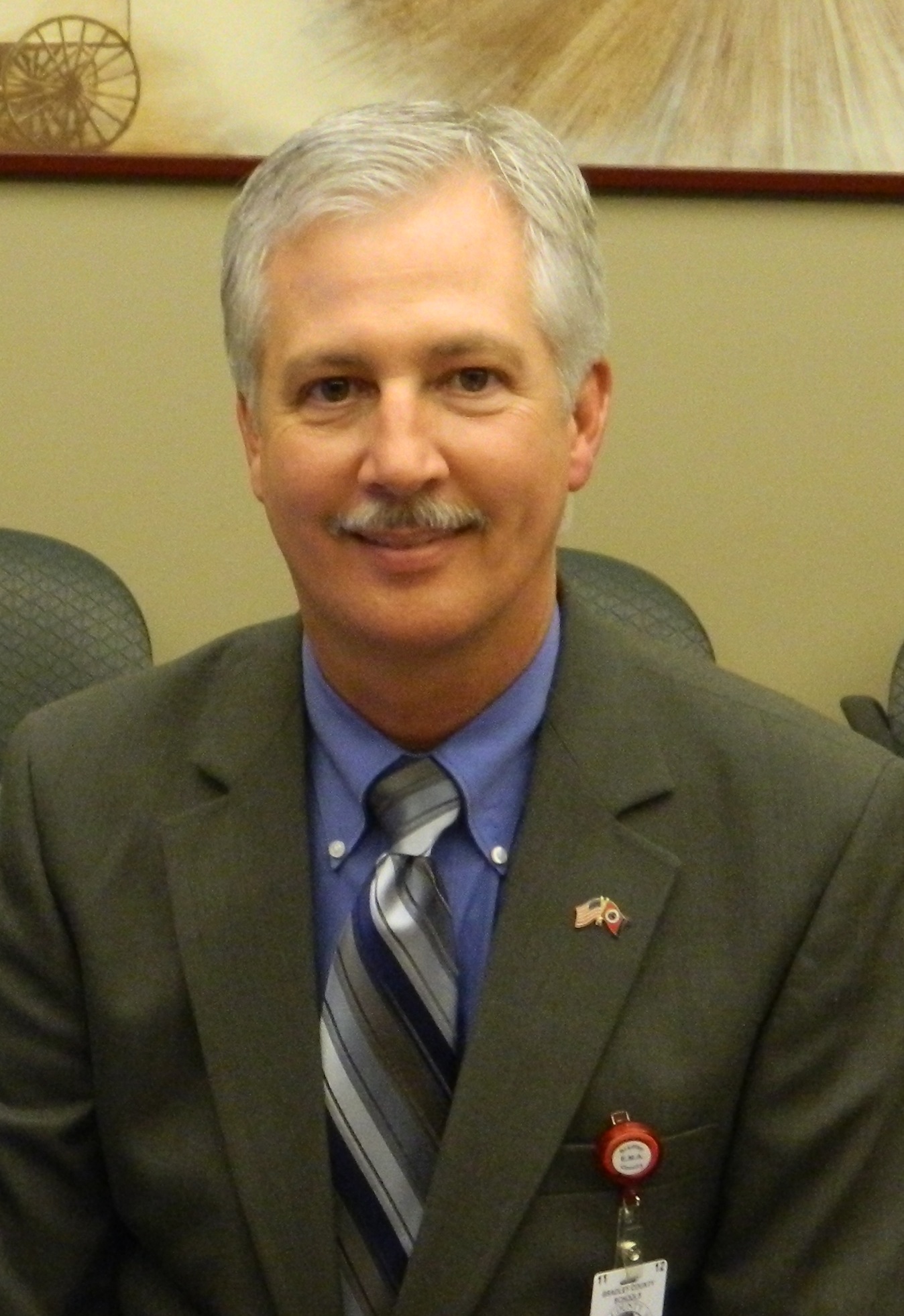Bradley schools to address disputed liquor tax revenues
Saturday, February 8, 2014
CLEVELAND, Tenn. - The Bradley County Board of Education's executive committee and attorney James Logan will meet with the Cleveland City Council on Monday about the school system's pursuit of $720,000 in disputed liquor tax revenues.
The dispute is whether the city owes the money under state law directing half of liquor tax proceeds to county schools, or whether the city can keep the money for its own independent school system.
On Thursday, the school board voted 6-0 to ask Cleveland to apply that sum toward payments Bradley County Schools are making to the city in a $1.4 million sales tax revenue settlement.
"The good news is that ... this is not them writing a check, it's us not writing a check," said Johnny McDaniel, director of Bradley County Schools.
Applying the disputed amount to the back end of the settlement still will give Cleveland another 15 months of $50,000 payments from Bradley County Schools and not affect the city's funding plans over the next fiscal year, Logan said.
Before that vote, the board voted 6-0 on a recommendation by member Troy Weathers to postpone authorizing litigation in the matter.
"We may not have to [pursue litigation], and I hope we don't," Weathers said. "I'm prepared to do that if that's what it takes."
Interpretations of Tennessee Code Annotated §57-4-306, which governs the distribution of liquor tax collections, is driving similar disputes across the state, said Gary Hayes, a consultant with the University of Tennessee County Technical Assistance Service.
According to the code, 50 percent of the liquor tax proceeds allotted to the local government body should be "expended and distributed in the same manner as the county property tax for schools is expended and distributed."
A CTAS study of 30 years of collections concluded that Cleveland owed $720,000 - an amount which is still growing - to the county school system, Logan said.
Liquor tax revenues have seen a substantial increase since Cleveland approved liquor by the drink in 2002.
But City Councilman Richard Banks recently challenged the code's application to Cleveland, which operates its own school system. He cited state law, which says that "any proceeds expended and distributed to municipalities which do not operate their own school systems separate from the county are required to remit one half of their proceeds of the gross receipts liquor-by-the-drink tax to the county school fund."
However, a recent summary of the code, provided by CTAS and Municipal Technical Advisory Service attorneys, said that cities that operate their own school systems are not exempt, Hayes said.
Paul Leach is based in Cleveland. Contact him at paul.leach.press@gmail.com.

